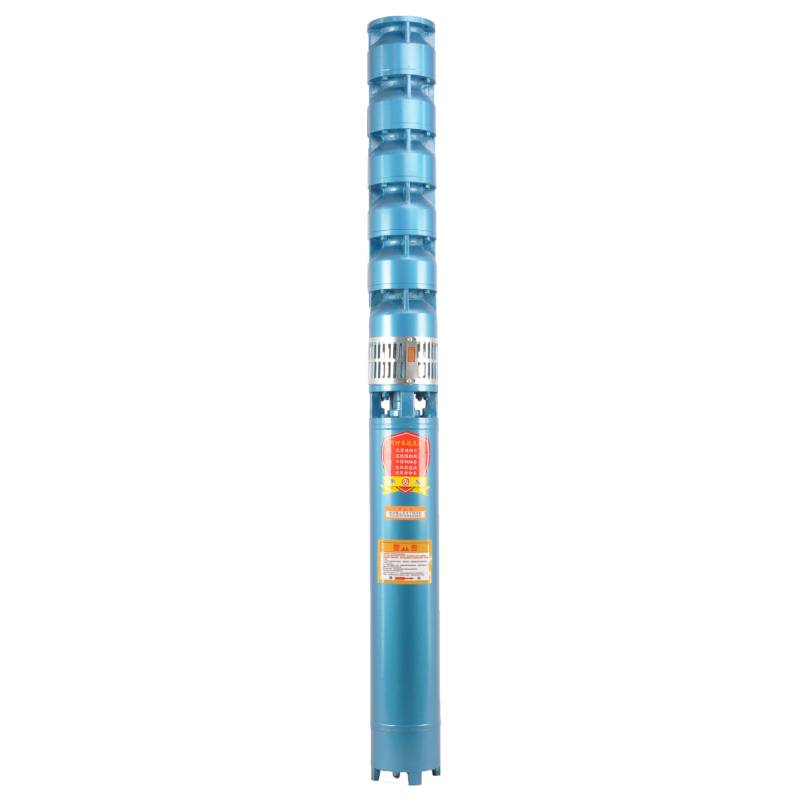8 月 . 08, 2024 10:10 Back to list
Durable Stainless Steel Pump for Efficient Handling of Contaminated Water Solutions and Waste Management
Stainless Steel Dirty Water Pumps A Comprehensive Overview
Dirty water pumps are essential tools in various industries and applications, particularly for handling wastewater and other contaminated liquids. Among the different materials used to manufacture these pumps, stainless steel has gained popularity due to its durability, corrosion resistance, and overall efficiency. In this article, we will delve into the features, benefits, and applications of stainless steel dirty water pumps.
The Importance of Material Choice
Choosing the right material for a dirty water pump is critical, as these pumps often encounter abrasive substances, chemical exposure, and fluctuating temperatures. Stainless steel is renowned for its inherent properties that make it suitable for these tough conditions. Unlike plastic or aluminum pumps, stainless steel can withstand aggressive chemicals without degrading or corroding. This longevity translates into reduced maintenance costs and increased operational efficiency.
Key Features of Stainless Steel Dirty Water Pumps
1. Corrosion Resistance Stainless steel, particularly grades like 304 and 316, exhibits excellent corrosion resistance, which is crucial when handling dirty water that may contain salt, oils, and other corrosive agents. This characteristic makes stainless steel dirty water pumps ideal for both industrial and municipal applications.
2. High Durability The strength of stainless steel allows these pumps to operate under harsher conditions without the risk of damage. This robustness ensures that they can handle solids and debris present in dirty water, such as mud, sand, and organic matter.
3. Temperature Tolerance Stainless steel pumps are designed to handle a wider range of temperatures compared to their counterparts. This ability is particularly beneficial in applications where water temperature can vary significantly.
4. Ease of Cleaning and Maintenance The smooth finish of stainless steel reduces the likelihood of sediment buildup and facilitates easier cleaning processes. This feature is essential for maintaining hygiene in applications involving water treatment and sewage.
5. Environmental Considerations Stainless steel is 100% recyclable, making it an environmentally friendly choice for pump construction. As industries increasingly focus on sustainability, this aspect of stainless steel aligns with eco-friendly practices.
stainless steel dirty water pump

Applications of Stainless Steel Dirty Water Pumps
Stainless steel dirty water pumps find applications in a myriad of sectors, including
1. Construction Sites These pumps are integral in dewatering applications, where they remove excess water from excavation sites, foundations, and trenches, ensuring safe and efficient operation.
2. Agriculture Farmers use stainless steel pumps to drain fields after heavy rains and manage irrigation processes, ensuring crops receive the right amount of water without soil erosion.
3. Wastewater Management Municipalities depend on these pumps to handle sewage and wastewater at treatment facilities, where they transport contaminated water to treatment plants for purification.
4. Mining Operations In mining, managing water inflow is crucial. Stainless steel pumps can effectively remove water mixed with soil and minerals, allowing for uninterrupted operations.
5. Industrial Applications Factories and industrial plants often require efficient pumping solutions for chemicals and by-products, making stainless steel pumps a reliable choice for handling various liquids.
Conclusion
Stainless steel dirty water pumps represent a perfect fusion of durability, efficiency, and safety. Their resistance to corrosion, ability to handle harsh conditions, and ease of maintenance make them an excellent choice for a diverse range of applications. With their growing popularity and undeniable benefits, investing in stainless steel pumps not only enhances operational efficiency but also contributes to a more sustainable future. As industries evolve and innovate, these pumps will remain a cornerstone in the effective management of dirty water.
-
Your Guide to Deep Well Pumps
NewsOct.31,2024
-
Why Choose a Stainless Steel Deep Well Pump?
NewsOct.31,2024
-
Understanding Water-Filled Submersible Pumps
NewsOct.31,2024
-
Understanding SS Submersible Pumps
NewsOct.31,2024
-
Reliable Submersible Well Pumps for Your Water Supply Needs
NewsOct.31,2024
-
Choosing the Right Submersible Pump for Your Water Management Needs
NewsOct.31,2024
-
 Understanding Water-Filled Submersible PumpsWhen it comes to selecting the right pump for your water management needs, understanding the different types available is crucial.Detail
Understanding Water-Filled Submersible PumpsWhen it comes to selecting the right pump for your water management needs, understanding the different types available is crucial.Detail -
 Guide to Installing a Deep Well Submersible PumpWhen dealing with deep wells, a deep well submersible pump is often the most effective solution for extracting water from significant depths.Detail
Guide to Installing a Deep Well Submersible PumpWhen dealing with deep wells, a deep well submersible pump is often the most effective solution for extracting water from significant depths.Detail -
 Finding the Right Submersible PumpWhen seeking an efficient solution for pumping water from deep wells, sumps, or other applications, the submersible pump is a leading choice.Detail
Finding the Right Submersible PumpWhen seeking an efficient solution for pumping water from deep wells, sumps, or other applications, the submersible pump is a leading choice.Detail
